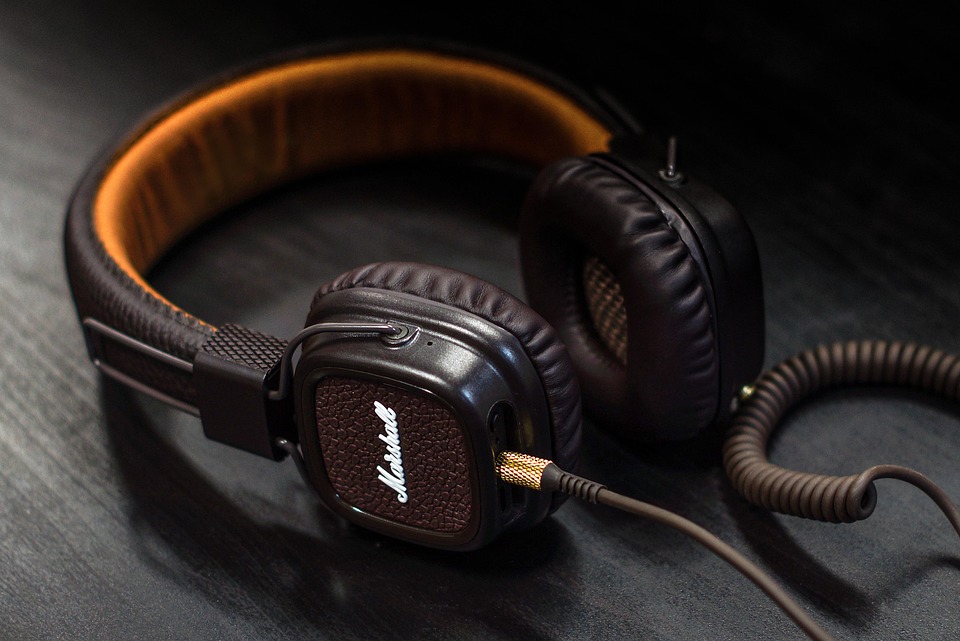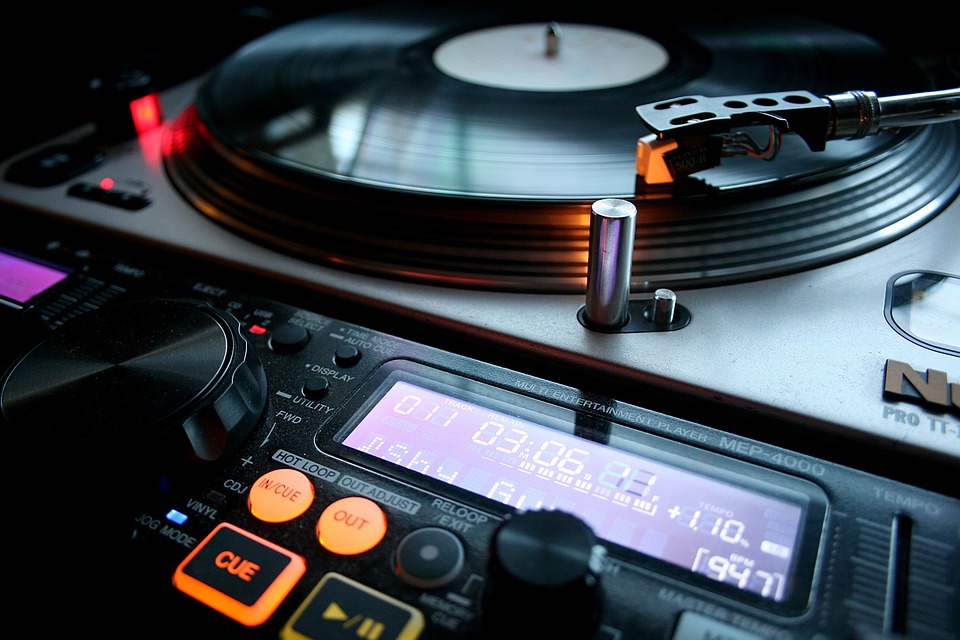Keyboard presets are essential tools for musicians and producers, allowing them to create unique sounds quickly and efficiently. However, the question of whether these presets are royalty-free is crucial for many creators. This article will explore the nuances of keyboard presets and their copyright status.
Understanding Keyboard Presets
Keyboard presets are pre-configured settings on synthesizers, digital audio workstations (DAWs), and software instruments that allow musicians to produce specific sounds without needing to create them from scratch. These presets can include various parameters such as pitch, modulation, and effects. They are invaluable for music production, enabling artists to focus on composition rather than sound design.
Presets can be found in a variety of software and hardware instruments. For instance, virtual synthesizers often come with a library of presets, while hardware synths may allow users to save their custom settings. The convenience of these presets can significantly enhance creativity, giving musicians a wide range of sounds to experiment with.
The Concept of Royalty-Free Music
Royalty-free music refers to audio that can be used without paying royalties or licensing fees for each use. This model allows creators to use music in their projects without worrying about ongoing costs, making it a popular choice for filmmakers, content creators, and advertisers. However, the term “royalty-free” does not mean the music is free; it usually involves a one-time fee for a license that grants specific usage rights.
Understanding the nuances of royalty-free music is essential for anyone involved in music production. It allows artists to use existing music or sounds in their work without infringing on copyright laws. This is particularly important for creators who want to avoid legal issues while maximizing their creative output.
Are Keyboard Presets Considered Royalty-Free?
The question of whether keyboard presets are royalty-free can be complex. Generally, the legality of using keyboard presets depends on their source and how they are distributed. Some presets come with licenses that explicitly state their usage terms. If the license indicates that the presets are royalty-free, then you can use them in your music without paying additional fees.
On the other hand, some keyboard presets may not be royalty-free. If they are derived from copyrighted material or if the creator has not provided a clear license, using them could lead to copyright infringement. It’s essential to read and understand the licensing agreements that accompany any presets you intend to use in your projects.
Understanding Licensing Agreements
Licensing agreements are legal documents that outline how a particular piece of music, sound, or preset can be used. These agreements can vary widely, so it is crucial to read the terms carefully. Some licenses may allow for unlimited use in personal projects but restrict commercial use, while others may require attribution or payment for each use.
When dealing with keyboard presets, always check the licensing information provided by the creator or distributor. This will help you avoid potential legal issues and ensure that you are using the presets within the allowed parameters. If the license is unclear, it may be worth reaching out to the creator for clarification.
Types of Keyboard Presets
Keyboard presets can be categorized into various types, including factory presets, user-created presets, and third-party presets. Factory presets are those that come bundled with a synthesizer or software and are generally royalty-free, as they are included with the purchase. User-created presets, however, may have different licensing terms depending on how they were shared.
Third-party presets are created by external developers and are often sold or distributed online. These presets can come with their own licenses, which may specify whether they are royalty-free or not. It is essential to verify the licensing terms before using third-party presets in your projects to avoid legal complications.
Creating Your Own Presets
One way to ensure that your keyboard presets are royalty-free is to create your own. By designing sounds from scratch, you have complete ownership over your creations. This not only allows you to use your presets freely but also encourages creativity and innovation in your music production process.
Creating your own presets can be a rewarding experience. It enables you to develop a unique sound that reflects your artistic vision. Additionally, you can share your presets with others, potentially gaining recognition and building a community around your work.
Potential Risks of Using Non-Royalty-Free Presets
Using non-royalty-free keyboard presets can lead to several risks, including copyright infringement claims. If you use a preset that is protected by copyright without the proper license, the original creator may take legal action against you. This could result in fines, the removal of your content, or other legal consequences.
Moreover, using unlicensed presets can damage your reputation as a creator. If your work relies on copyrighted material without permission, it may be perceived as unprofessional or unethical. To maintain your integrity as a musician or producer, it is crucial to ensure that all the materials you use in your projects are legally obtained and properly licensed.
How to Find Royalty-Free Presets
Finding royalty-free keyboard presets can be straightforward if you know where to look. Many websites and online marketplaces specialize in offering royalty-free sounds and presets for various instruments. Popular platforms often have extensive libraries of presets that come with clear licensing agreements.
Additionally, some music communities and forums may offer free or paid presets created by users. These can be a great resource for finding unique sounds. However, always check the licensing terms before downloading or using any presets to ensure they are royalty-free and suitable for your needs.
The Role of Attribution in Preset Usage
Attribution is an important aspect of using keyboard presets, especially those that are shared or distributed by other creators. Some licenses may require you to credit the original creator when using their presets in your music. This is common in Creative Commons licenses, which often stipulate that appropriate credit must be given.
Providing attribution not only respects the rights of the original creator but also fosters a sense of community among musicians. By acknowledging the work of others, you contribute to a culture of collaboration and support within the music industry.
Best Practices for Using Keyboard Presets
To ensure that you are using keyboard presets legally and ethically, follow these best practices. First, always read the licensing agreements that come with the presets you intend to use. If the terms are unclear, do not hesitate to reach out to the creator for clarification.
Second, consider creating your own presets to have complete control over their usage. This not only protects you legally but also allows you to develop a unique sound. Lastly, respect the work of others by providing proper attribution when required, fostering a positive and supportive music community.
Conclusion
In conclusion, keyboard presets can be a valuable asset for musicians and producers, but understanding their licensing is essential. While some presets may be considered royalty-free, others may not, depending on their source and the licensing agreements attached to them. By taking the time to understand the implications of using keyboard presets, you can protect yourself from legal issues and foster creativity in your music production process.
Always prioritize obtaining presets from reputable sources, read the licensing agreements carefully, and consider creating your own sounds. By following these guidelines, you can ensure that you are using keyboard presets ethically and legally, allowing you to focus on what truly matters—creating great music.
FAQs
1. Can I sell music made with keyboard presets?
Yes, you can sell music made with keyboard presets, but ensure that the presets are royalty-free or that you have the proper licensing to use them commercially. Always check the terms of use associated with the presets.
2. What should I do if I’m unsure about a preset’s licensing?
If you are unsure about a preset’s licensing, it’s best to reach out to the creator or distributor for clarification. It’s important to have a clear understanding to avoid any potential legal issues.
3. Are all factory presets royalty-free?
Most factory presets that come with your software or hardware are generally considered royalty-free, as they are included with your purchase. However, it’s always good to double-check the specific terms provided by the manufacturer.
4. Can I modify keyboard presets and claim them as my own?
Modifying keyboard presets may allow you to create something unique, but you still need to adhere to the original licensing terms. If the presets are not royalty-free or have restrictions, you cannot claim them as entirely your own.
5. Are there free resources for royalty-free keyboard presets?
Yes, there are many websites and online communities where you can find free royalty-free keyboard presets. Just make sure to verify the licensing terms to ensure they can be used in your projects without legal issues.


